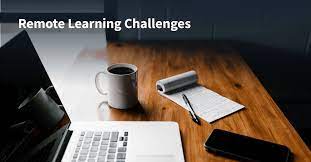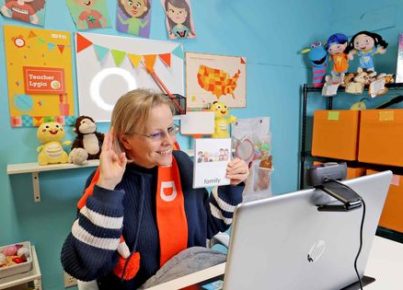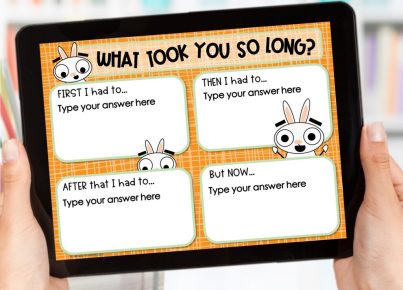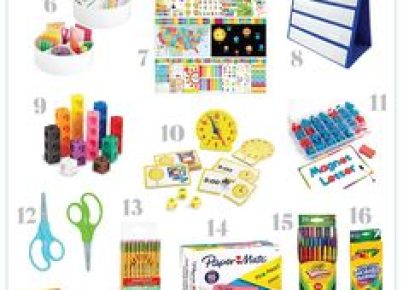In the current era of remote learning, where digital devices and online platforms have become indispensable tools for education, building strong relationships between students, teachers, and parents is more important than ever. In this article, we will explore key strategies to foster positive relationships throughout remote learning endeavors.
1. Effective Communication
Clear, concise, and timely communication is essential for developing and maintaining connections in a remote learning environment. Teachers should maintain regular contact with students and parents through virtual meetings, emails, or messaging apps. This can help clarify expectations, address concerns, and provide ongoing support.
2. Establishing Routine and Structure
Online classes can blur the lines between home and school life. Establishing a consistent schedule for lessons and activities can create stability and familiarity for students. Teachers should set deadlines and encourage time management habits. Proper planning prevents students from feeling lost or overwhelmed.
3. Creating Engaging Lessons
Remote learning should not diminish the excitement of learning new things. Teachers can improve engagement by incorporating interactive activities such as quizzes, group discussions, or virtual field trips into their lessons. Gamification of content can also make learning more captivating.
4. Encouraging Group Work
Working remotely may physically separate classmates or colleagues; however, teamwork is still valuable in bonding individuals together. Teachers might assign collaborative projects to help participants collaborate asynchronously on shared documents or allow them to interact during video conference sessions.
5. Emotional Support
In addition to providing academic support, educators must consider the emotional well-being of their students during these uncertain times. Staying attuned to their emotional cues is essential to ensure that they receive necessary guidance or counseling resources.
6. Building Trust and Empathy
In a remote setting, conveying empathy becomes even more crucial in fostering trust between students and teachers. Simple gestures like acknowledging birthdays or sharing personal stories can create emotional connections that strengthen relationships.
7. Encourage a Growth Mindset
Remote learning is a new experience for many and can be challenging and uncomfortable at times. Therefore, promoting a growth mindset is crucial for students to overcome obstacles and achieve success. Teachers should celebrate small victories and reframe failures as learning opportunities.
8. Parental Involvement
Parents play a critical role in a student’s remote learning experience. There should be open communication channels between parents and teachers. Family involvement can look like helping with homework assignments, tracking progress, or discussing relevant strategies to support their child’s education.
In conclusion, building relationships while remote learning poses unique challenges, yet it remains essential to establish a stable learning environment. Incorporating proper communication, engaging lessons, group work, emotional support, empathy, mindset changes, and involving parents can significantly improve the overall remote learning experience for educators, students, and families. By adapting these strategies, we can continue fostering a sense of community during trying times.





